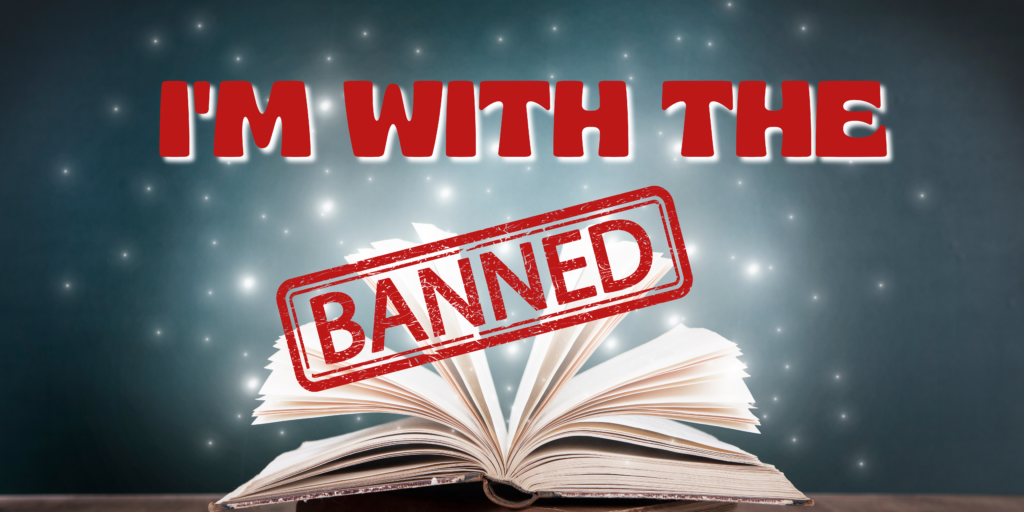
Books have always been powerful tools for knowledge and inspiration, but throughout history, some have faced censorship and bans. This suppression raises questions about motives and impacts on intellectual freedom. In this post, we explore why books get banned and their consequences on literature and society.
- Challenging Established Beliefs: Books that question political systems, religions, or social norms are seen as subversive or threatening, leading to attempts at suppression. Diverse perspectives and critical discourse are stifled, hindering progress.
- Offensive or Inappropriate Content: Explicit or offensive material often faces bans to protect certain age groups. Balancing censorship and informed choices is crucial, while safeguarding children from inappropriate content.
- Ideological Propagation: Books promoting dangerous or extremist ideologies are censored to maintain social harmony or national security. The challenge lies in distinguishing legitimate concerns from suppressing minority viewpoints.
- Protecting Moral or Social Values: Controversial books challenging topics like sexuality, gender, or race face bans to protect moral or social values. However, engaging with such literature fosters empathy, understanding, and an inclusive society.
- Fear of Influence on Young Minds: Books for young readers undergo scrutiny due to concerns about influencing impressionable minds. However, such books aid in navigating complex issues and developing critical thinking skills.
Banning books restricts intellectual freedom, diversity of thought, and societal progress. While concerns about explicit content, extremist ideologies, or young readers are valid, a balanced approach is essential. Instead of bans, fostering open dialogue, critical thinking, and guidance empowers individuals. Let us defend free expression and embrace literature’s power to drive change and enlightenment.

